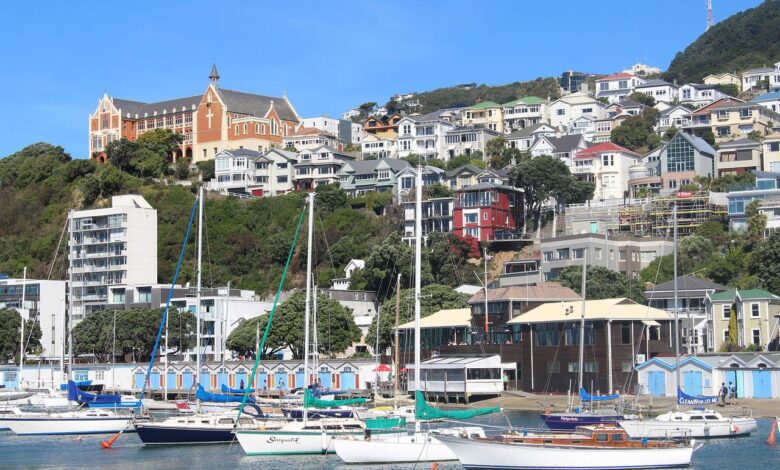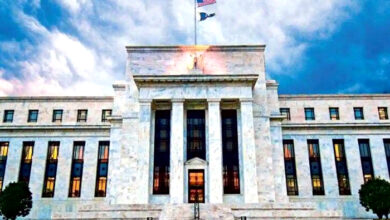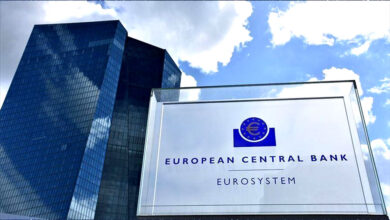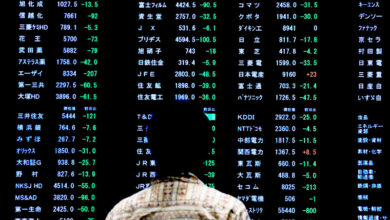Due to a labour shortage, New Zealand will temporarily increase worker intake.

(Reuters) – A minister announced on Sunday that New Zealand will make temporary adjustments to its immigration regulations in an effort to attract 12,000 employees over the next year through a working holiday programme aimed to fill labour shortages as firms struggle to recruit workers.
Competition for workers is a global trend that has led to pay increases in New Zealand. This makes it hard for the central bank to fight inflation, which is why it raised interest rates last week to their highest level since September 2015.
“These measures are intended to provide urgent help to those firms severely afflicted by the global labour crisis,” Immigration Minister Michael Wood said in a statement, adding that the holiday scheme aimed to double the number of participants.
Read More: New Zealand should be careful with its money because fiscal rules are expected.
Other steps include making it easier for skilled migrants in industries like care for the elderly, building and infrastructure, meat processing, fishing, and adventure tourism to get paid more.
Wood said that some working holiday visas will be extended by six months to keep people in the country who are already there.
Read More: New Zealand dairy and meat farmers are unhappy with the trade deal with the EU.
“Workforce difficulties are evident at all skill levels and in all industries,” he said. New Zealand is not unique in this regard.
Read More: New Zealand has added new sanctions against Russian banks.
The measures come at a time when the unemployment rate was 3.3% in the second quarter and earnings were up 3.4% on the year, increasing at the quickest rate in 14 years.
Last week, the Reserve Bank of New Zealand raised the official cash rate by 50 basis points, bringing it to 3%. This was the seventh time in a row that the rate was raised to fight inflation.





